Inaugural Provost's Teaching Awards winners
13 July 2007
Eleven members of UCL were presented with Provost's Teaching Awards on 12 July 2007, in recognition of their outstanding contribution to excellence and innovation in teaching.
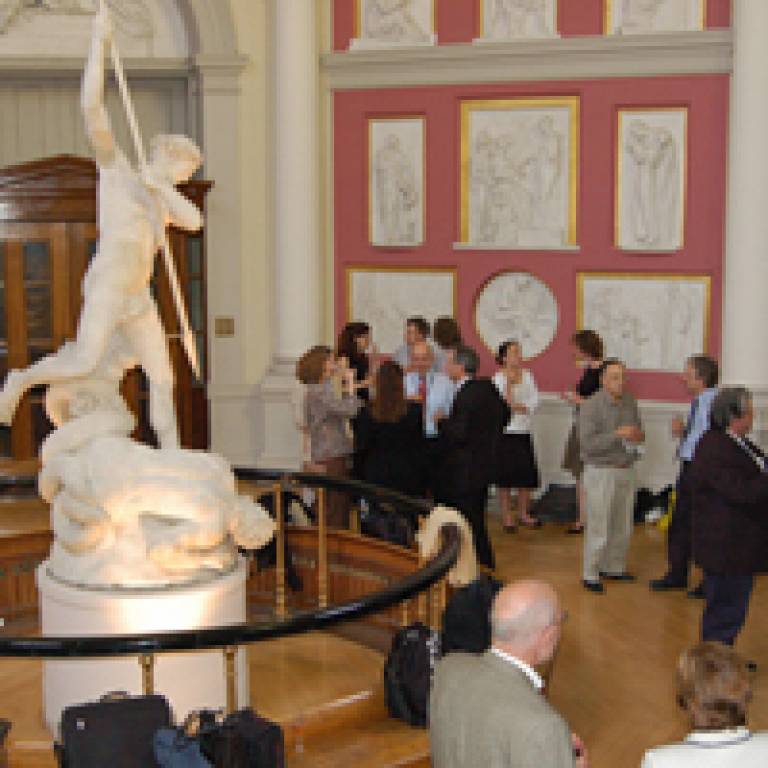
The inaugural awards serve to showcase UCL's pedagogic expertise and leadership, and to demonstrate the university's commitment to continuous innovation in the teaching it offers its students.
Presenting the awards, Professor Malcolm Grant, President and Provost of UCL, remarked on the importance of recognising teaching excellence and innovation in the context of a research-intensive university. The outcomes of teaching excellence would be evident in the lifelong achievements of those students who benefited.
The winners of the inaugural Provost's Teaching Awards are:
Dr Helen Beer (UCL Hebrew & Jewish Studies)
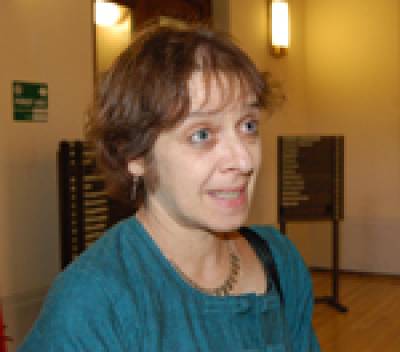
- revolutionised the teaching of Yiddish at UCL and multiplied student numbers by a factor of five
- established a fortnightly graduate Yiddish seminar, attracting research students and post-docs from across UCL
- devised a unique course entitled Yiddish for Historians and has devised a series of Yiddish readers, 'Learning through Lives'
- included in the Yiddish curriculum dramatic and musical performances: since 2000, she has single-handedly produced the annual public performance of the departmental Purim Shpil performed by students and staff
- put on the first London production of a full length Yiddish play in more than 50 years at the UCL Bloomsbury theatre
- as an outcome of the course she was teaching in the first term on the ballads of a 20th-century Yiddish poet, Itzik Manger, produced and performed at the UCL Bloomsbury theatre a concert of his ballads set to original music from the Livnat brothers; the concert was recorded and produced as a CD by the World Yiddish Musical Art Culture, accompanied by detailed programme notes, full Yiddish ballad texts and English translations, all prepared by the class students
Claire Colomb (UCL Bartlett School of Planning)
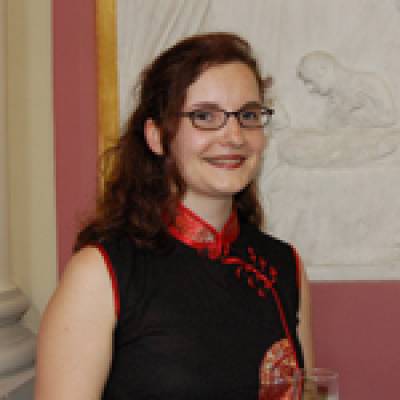
- redesigned the curriculum of Urban Sociology to address the contemporary challenges facing future planners in UK and European cities and the postgraduate module on Europe Spatial Planning
- transforming the interactive virtual learning environment by creating a new interface for her courses using Moodle (working with the UCL Centre for the Advancement of Learning & Teaching and the UCL Learning Technologies Support Service)
- planning a joint authored European textbook on European spatial planning, based on the comprehensive materials drawn from a specialist module designed and taught at UCL, therefore contributing significantly to UCL's knowledge transfer agenda
Dr Rob Miller (UCL School of Library, Information & Archive Studies)

- developed and deployed the Silvester web content management system to support and encourage the development of web-based learning materials and a web-based organisational framework for teaching within and beyond SLAIS
- made the SLAIS website a resource and method of communication genuinely shared by all members of staff by removing the familiar bottleneck of web publication via a single webmaster or a small number of web-literate, trusted individuals
- web pages are detailed and regularly updated, relating to their individual modules as well as to the students' overall programme of study
- student representatives on the Staff-Student Consultative Committee explicitly praised the department for the organisation of its module and programme-related web pages
Dr Ray Noble (Obstetrics & Gynaecology and UCL Physiology)
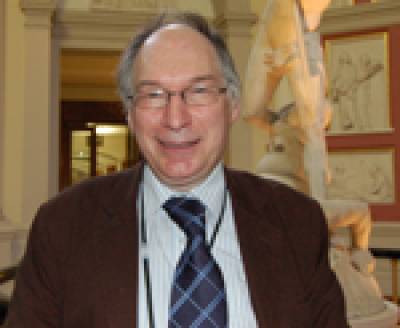
- contributed to curriculum innovation and development since he joined UCL in 1990
- contributed to the wider student experience through developing skills and the internationalisation agenda, including a contribution to the commitment to educate for global citizenship, social responsibility and leadership
- fostered the concept of global citizenship through the establishment of education links in South Africa and India
- recently awarded a UK-India Education & Research Initiative grant in collaboration with Dr Muttukrishna to set up a medical ethics course in India
- in the QAA report of 2000, his teaching was specifically described as "compelling in its originality"
Professor Thilo Rehren (UCL Archaeology)
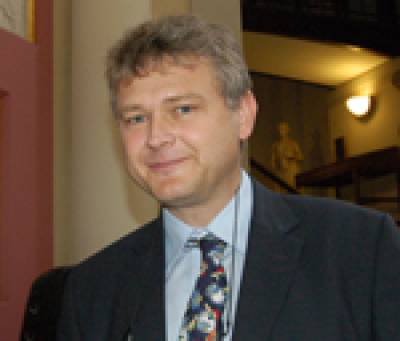
- sustained commitment to curriculum innovation, for instance through the use of UCL's collections, field trips and workshops overseas, and new ways to engage students, for instance through the requirement for students to prepare an entry for Wikipedia as part of their assessed course work
- this use of Wikipedia sharpens the students' sense of the need for critical evaluation of sources such as Wikipedia, but also gives them a strong sense of purpose for their course work and ownership of the resulting projects
- led groups of six to ten research students to present their work at major international conferences in, for example, Spain, Canada and China
Dr Caroline Selai (UCL Institute of Neurology)
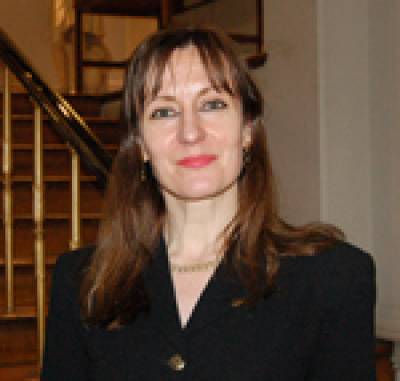
- first appointed Head of the Education Unit at the UCL ION
- plays a key leadership role in the running of three UCL ION MSc courses, including the new Pathbreaker London-Paris MSc dual masters in Brain & Mind Sciences (with ENS and Paris 6)
- initiatives including: revision of course structures, and marking and assessment systems; collection and dissemination of student feedback on all taught courses and research degrees; instigation of peer observation of teaching; instigation of UCL ION-wide consultation and 'reflection on teaching'; written guidelines for lecturers, workshop convenors and supervisors; training workshops in teaching skills and postgraduate supervision; weekly seminars for MSc and Diploma students aimed at teaching a number of generic skills, eg critical appraisal and systematic review of research; and seminars on medical ethics
Dr Andrea Sella (UCL Chemistry)
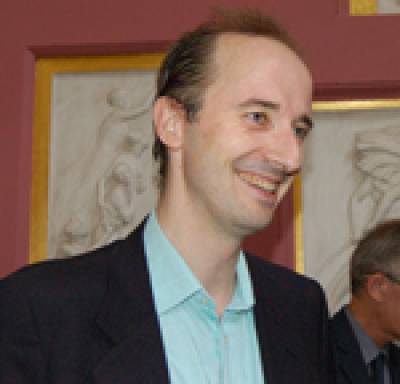
- sustained innovation in curriculum innovation, through, for instance, introduction of a 'listen again' facility for undergraduate lecturers to allow students to stream/download the audio portion of lectures for revision purposes, the introduction of a Wiki-based website, the development of the teach.chem website for undergraduate teaching
- radical reorganisation of the first-year Chemistry for Biologists course, a course of more than 300 students, many of whom "loathe chemistry somewhat and hate maths more"; One student comments: "Dr Sella's lectures were actually worth getting up for"
Dr Jennifer Van Heerde (UCL Political Science)
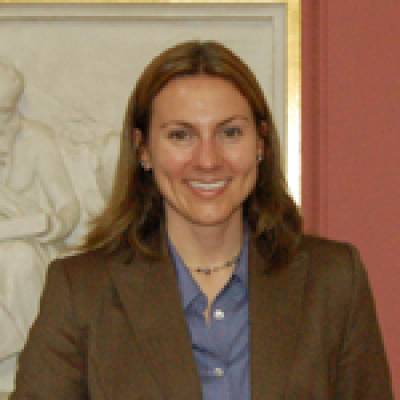
- designed and implemented a dedicated website to make the key masters course in Quantitative and Qualitative Research Methods an online course, making use of innovative teaching strategies and e-learning, whereby students can use a creative mix of online lectures, workshops and interactive exercises in conjunction with face-to-face lectures
- the course aims to appeal to students' different learning styles (eg auditory, visual, digital) and differing levels of preparation, such that students who lack previous research methods training or a mathematical background have multiple opportunities and venues to consider the course material, ensuring that all students are well equipped for the dissertation element of the programme, ie a major contribution to enhancing the student learning experience for an increasingly diverse student body
Charmian Dawson (not pictured), Professor Elizabeth Shephard and Dr Andrea Townsend Nicholson (UCL Biochemistry & Molecular Biology)
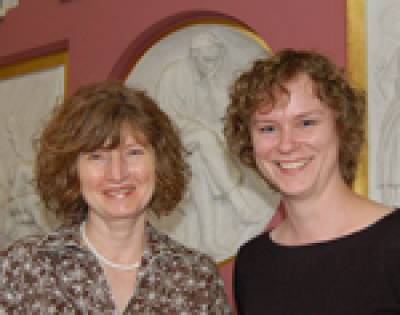
- saved about 2,000 hours of staff time over 18 months through their innovative teaching and assessment tool Interactive Engagement Exercises for Student Assessment & Revision
- the modules are used now by over 10 per cent of UCL undergraduate students (Phase 1 Life Sciences, Phase 1 Medical and MAPS students), are well received by students and enhance the learning experience, and use methodologies that can be translated to other disciplines
Submissions for the awards were judged on the basis of the nominee's:
- contribution to curriculum innovation and development
- contribution to the wider student experience, such as the skills or internationalisation agendas
- contribution to UCL's strategic commitment to educate for 'global citizenship', social responsibility, leadership
- engagement in the development of interdisciplinary programmes
- innovation in support for learning
- development of the use of new technologies in teaching and learning.
Professor Michael Worton, Vice-Provost (Academic & International) and the chair of the selection panel, said: "The panel was enormously impressed by the quality of all the nominations for the inaugural Provost's Teaching Awards. The range of teaching activities involves the often highly original use of both traditional methods and new technologies, and the commitment to inspire and encourage students to achieve ever more in their learning is clear evidence of why UCL is renowned for the quality of its teaching. All the nominees and, of course, especially the award winners deserve our warmest congratulations."
The awards panel comprised: Professor Worton; Professor Vince Emery, UCL Pro-Provost for South Asia and the Middle East; Professor Jane Dacre (UCL Academic Centre for Medical Education); Bob Allan, Senior Tutor; Dr David Green (UCL Psychology); and Brigitte Picot, Director of the UCL Centre for the Advancement of Learning & Teaching.
To find out more about the awards, use the link at the top of this article.
 Close
Close

